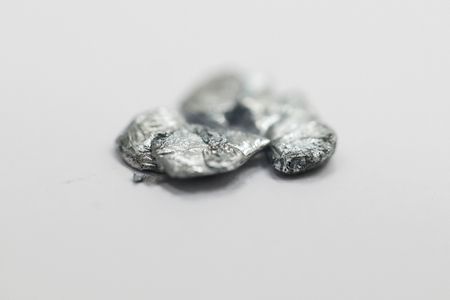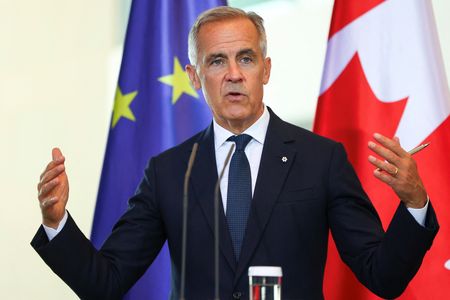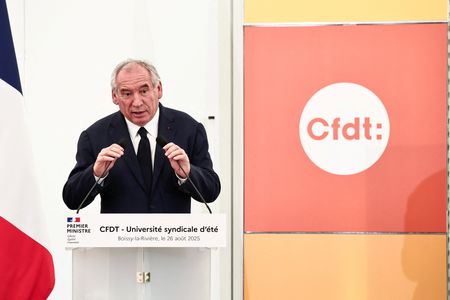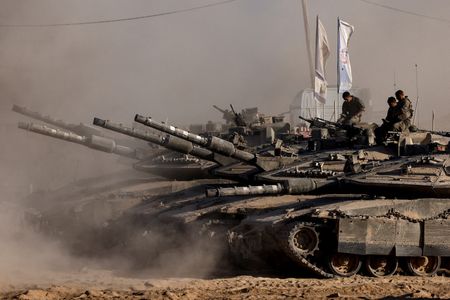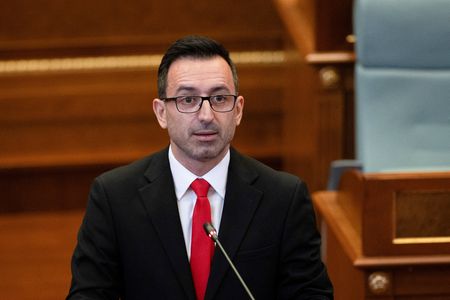BERLIN (Reuters) -Germany and Canada agreed on Tuesday to deepen cooperation on critical minerals amid growing global concern over China’s export curbs and Berlin’s push to reduce dependence on single sources.
Critical minerals like lithium, rare earth elements, copper, tungsten, gallium, germanium, and nickel are vital for Canada and Germany’s defence systems, clean energy technologies, and advanced manufacturing.
China’s April decision to halt exports of rare earths and related magnets has disrupted global supply chains, dealing a blow to automakers, aerospace firms, semiconductor producers, and military contractors.
German Economy Minister Katharina Reiche and Canada’s Energy and Natural Resources Minister Tim Hodgson signed a declaration of intent to strengthen cooperation on critical minerals, focusing on midstream technologies such as processing, refining, and recycling.
The countries will coordinate efforts on critical minerals such as lithium, rare earth elements, copper, tungsten, gallium, germanium, and nickel by advancing joint projects through both public and private investment.
They also plan to encourage stronger commercial partnerships and research collaboration between companies and financial institutions.
The agreement is not legally binding and creates no financial commitments, with funding for activities subject to available appropriations and each country’s domestic laws and regulations.
(Reporting by Riham AlkousaaEditing by Madeline Chambers)

